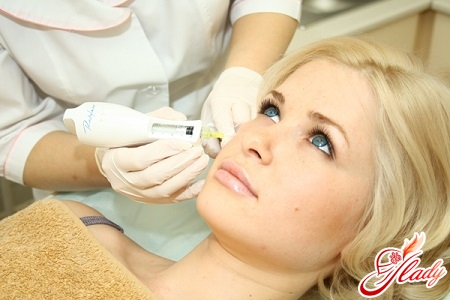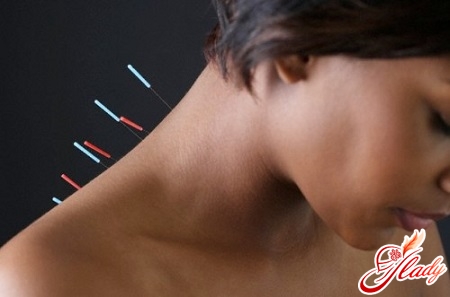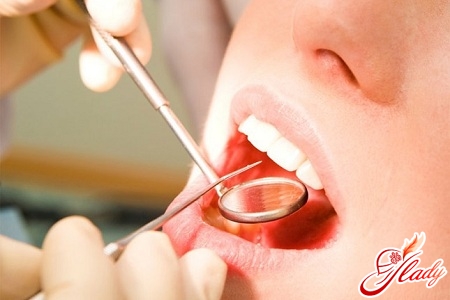
Ovulation is the release of a mature egg,which is capable of fertilization, from the ovarian follicle into the abdominal cavity. This process is a stage of the menstrual cycle during which a woman can become pregnant. Therefore, it is very important for a woman planning a pregnancy to be able to correctly determine the timing of ovulation in order to increase the chances of fertilization. Normally, ovulation in women occurs every 21-35 days, depending on the cycle. However, it happens that a woman of childbearing age experiences anovulation (that is, there is no ovulation). If there is no ovulation, then the woman cannot become pregnant. This situation should be very worrying for a woman who wants to conceive a child, because ovulation is a signal from the body that it is ready to be fertilized. Why there is no ovulation, what to do in this case - you will learn from this article. Ovulation may be absent due to a variety of reasons. They can be divided into 2 groups: physiological and pathological reasons. Below we will consider them in more detail.
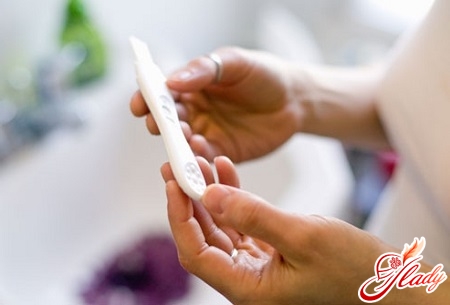
No ovulation - normal
It is important to understand that in certain situationsanovulation is normal, which means there is no reason to worry. Let's take a closer look at situations when you shouldn't worry about the lack of ovulation and don't sound the alarm in vain:
- pregnancy: during pregnancy and in the first months after childbirth, women do not have ovulation;
- breastfeeding: here the important point is that if you are breastfeeding your baby by the clock, including at night, ovulation may not occur for a while;
- in very young girls, whose menstrual cycle is not yet settled (usually this is between 12 and 14 years of age, although this process is unique for each girl);
- ovulation may be absent in young girls within 1-2 cycles, in women over 30 the number of cycles without ovulation increases to 3-4, and with age only worsens;
- menopause: during menopause, that is, with the termination of menstruation of ovulation, too, stop (as a rule, it falls to the age of 45 years);
- reception of oral contraceptives: Normally, in this case, too, ovulation should not occur, although there are cases when a woman taking pills becomes pregnant.
In all the situations listed, the absenceovulation - this is normal. It usually passes either over time (as in the case of pregnancy and breastfeeding) or with the abolition of factors causing anovulation (taking oral contraceptives). The only exception is anovulation during menopause. Nothing can be done about it, since this is an age-related change in the body. However, there are physiological and pathological reasons for the absence of ovulation. Then this is already a reason to seriously worry about the absence of pregnancy.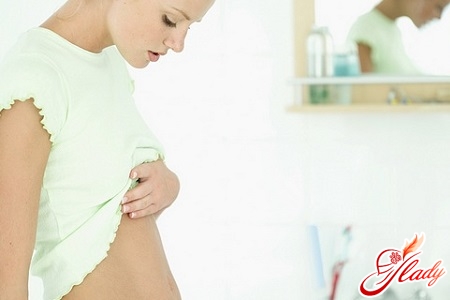
Physiological causes of ovulation
Various physiological problems can becomecause of anovulation. As a rule, if you determine the cause that led to the absence of ovulation and eliminate it, then the problem may resolve itself. But you should not count on this. It is best to consult a doctor so that he can refer you for tests and correctly select treatment. You can determine some possible causes yourself. However, in any case, this remains the doctor's task. So, what are the physiological causes of anovulation in women most often:
- Problems with weight: and both excess and lack of weight can cause violations of the menstrual cycle itself and, consequently, ovulation. Especially fraught with weight loss, because in order to ensure a normal menstrual cycle, the body needs 18% of fat from the total body weight. If this rate is lower, the reproductive system will be much more difficult to work correctly;
- A serious illness that is not even associated with the genital area: if you get sick before ovulation, it can affect that it does not come in this cycle or just linger and come later;
- Stress, emotions: these factors greatly delay ovulation, as they make the menstrual cycles longer as a whole. The stronger the stress, the longer the cycle. Thus, stress can and at all become the reason of the termination of monthly and, accordingly, ovulation too;
- Change of climate or situation (at work, school);
- Journey;
- Physical exercise;
- Stopping hormonal medications:in this case, the regularity of the menstrual cycle itself is disrupted, and along with it - ovulation. As a rule, this goes away on its own over time. How quickly depends on the dosage of the drug that the woman took and her general physical condition. If a woman is underweight or has previously had an irregular cycle, then it will recover after a longer period of time (but will still be irregular) than in a woman with the opposite picture in terms of health;
- Sport: many athletes or amateurs who are exhausting themselves with training can significantly disrupt the menstrual cycle, up to the complete disappearance of menstruation. In this case, naturally, there will be no ovulation. This applies mainly to professional athletes: swimmers, runners and dancers. As a rule, amateurs do not exhaust their organism so much, but still be careful and do not exhaust yourself with training.
As a rule, physiological causes of anovulationit is enough to simply resolve and thus restore the body's function. Having analyzed your lifestyle, you can make an assumption about what may be the reason for your lack of ovulation. However, this does not mean that you can do without consulting a gynecologist. In any case, if you suspect or are absolutely sure that there is a certain disorder, do not delay visiting a doctor. As with any other disease, the sooner you identify the pathology and begin to treat it, the easier it is to achieve positive dynamics and solve the problem. Much more problems are created by pathological changes in the body that affect the menstrual cycle and, consequently, ovulation. We will talk about this below.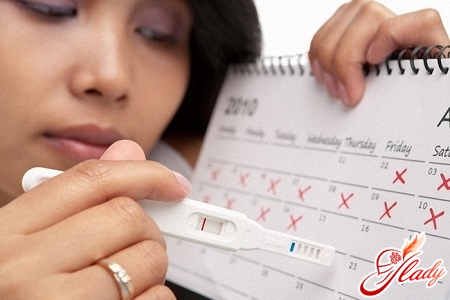
Pathological causes of ovulation
When, in fact, does a woman begin?suspect that she is not ovulating? When after 1-2 years of active sexual life without protection pregnancy does not occur. This is the reason why a woman begins to sound the alarm. First of all, in such a situation, you need to contact an endocrinologist and gynecologist, who will prescribe special tests, as a result of which the true cause of anovulation is revealed. Then the appropriate treatment is prescribed. Remember: the sooner you contact a doctor, the sooner he will be able to identify the cause of anovulation and the greater the chances that you will solve the problem. Accordingly, the sooner you will be able to get pregnant. The most common reasons are, as a rule, the following:
- hypothalamic-pituitary-ovarian dysfunctionsystems - this is the most common cause of anovulation. But this is not the actual cause, because any dysfunction is a consequence of something, so if the doctor finds a dysfunction, it will be necessary to look for the cause even deeper;
- pathological changes in the thyroid gland;
- hyperprolactinemia;
- polycystic ovarian syndrome;
- pathological changes in the uterus;
- impaired pituitary gland function;
- low estrogen: pathology can be caused by the presence of prolactin in the body (with breastfeeding), and in case of weight problems (because fat plays a role in the production of this hormone), and have other reasons that the doctor will reveal as a result of the tests;
- inflammatory processes, hypothermia:This is often the cause of the dysfunction we talked about at the very beginning. Therefore, it is always easier to prevent problems than to solve them later - take care of your health.
What if ovulation does not occur?
As you can see, all the problems listed in the articlecan only be detected by a doctor. And for this, it is necessary not only to have a gynecologist's examination and an endocrinologist's consultation: the doctor will prescribe you various tests (standard - blood and urine, as well as ultrasound and others), on the basis of which he will be able to make a diagnosis that prevents the desired pregnancy, and prescribe adequate treatment. A very important point concerns self-medication. There is a lot of material on the Internet and other sources about how to use various methods (from medications to folk remedies) to regulate the menstrual cycle and induce ovulation. Indeed, there are many ways to "return" ovulation, but choosing adequate treatment taking into account the individual characteristics of your body and the cause that led to the problem, which will be effective in your case, is the task of the doctor exclusively. Otherwise, you can either unsuccessfully try to solve the problem, wasting precious time, or make it even worse. Therefore, if any pathologies arise, it is better not to joke with your health, but to consult a specialist.




